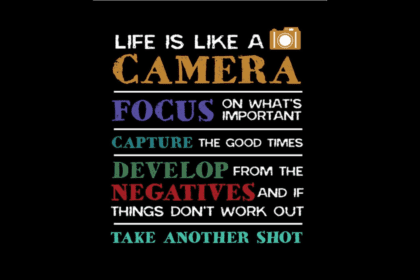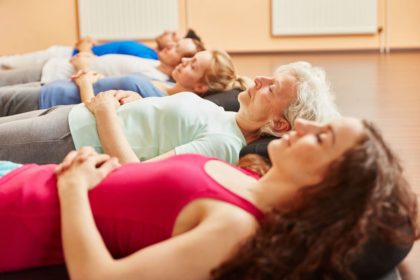When stress is constant, as it may be for many people right now, it can lead to feelings of anxiety — a response to stress. Stress and anxiety may seem inescapable right now, but there are ways to manage them. Here are some tips to help you cope during the coronavirus pandemic.
1. Connect with Nature
Nature has restorative effects on your sense of well-being. According to a 2019 University of Michigan study, even 20 minutes of feeling connected with nature can reduce stress levels.
- Take mental and physical health break and take a walk or exercise outside.
- If you can’t get outdoors, sit near a sunlit window. Better yet, get a view of the trees, lawn, and garden.
- Plant your own household plants or indoor herb garden to expose yourself to nature as that has been shown to soothe stress.
- A Netherlands study found that just gazing at photos of nature helped reduce stress.
2. Practice Mindfulness
Stay focused on the present — it has long been known to help reduce stress. There’s a saying that if you’re depressed, you’re living in the past; if you’re anxious, you’re living in the future; if you’re at peace, you’re living in the present.
- Take an online restorative yoga class to learn mindfulness techniques.
- Create a daily schedule to give you a better sense of control when there are so many things that are currently out of your control. If you work from home, shower and dress, prepare your lunch.
- Plan some time to call a friend, try a new recipe, take several 10-minute “connect-with-nature” breaks.
Your thoughts affect your feelings and behaviors. Switching out of the negative self-talk and staying in the present can naturally ease some of the negative feelings (e.g., doom, sadness, worry, and stress) and the subsequent negative behaviors, such as emotional eating.
3. Do Good to Feel Good
Research shows that by focusing less on yourself, that is, by giving to others in some way can make you feel less stressed and happier. Find ways to give to others.
- Donate blood – According to the American Red Cross, as of April 1, nearly 13,000 blood drives were canceled nationwide due to COVID-19 concerns. This translates to 375,00 fewer blood donations.
- Get food to people in need – Donate money or food directly to local food banks. You can also volunteer (if you’re under 65 and don’t have any underlying conditions).
- Offer your own skills – Consider offering your services for free (remotely). If you’re a financial planner, you can offer pro bono help to those who’ve lost their jobs. You can offer free online classes in your area of expertise.
- Sew masks, shop for an elderly neighbor, talk to a lonely senior.
4. Breathe Deeply
When the body is under stress, breathing becomes rapid and shallow, which further exacerbates the body’s physiological stress response, and you shift into “fight-or-flight” mode.
- To break the stress cycle, make a conscious effort to slow down your breathing and take deeper breaths.
- Practice the 4-7-8 Breathing Exercise: Inhale for 4 counts, hold your breath for 7 counts, and exhale for 8 counts. Do this 4 times. Repeat this exercise throughout the day. This exercise takes less than 90 seconds. This exercise will also lower your blood pressure.
5. Stay Connected
Keep up with whatever communities you were involved with prior to the coronavirus, such as your religious congregation, exercise buddies, weight management or book groups, etc. Thanks to technology, many sessions are recorded online and offered live.
- Schedule a time when you can “see” your friends via video chats like Zoom, Skype, and FaceTime.
- Play online group games or watch a favorite show with long-distance family or friends through Netflix Party.
- If you routinely did crossword puzzles together with a parent, continue to do so with videoconferencing.

![]() Karen’s Fit Tip: Watching endless hours about the pandemic can be overwhelming (too much information). In that case, limit the news to an hour a day and try some of the tips above.
Karen’s Fit Tip: Watching endless hours about the pandemic can be overwhelming (too much information). In that case, limit the news to an hour a day and try some of the tips above.




